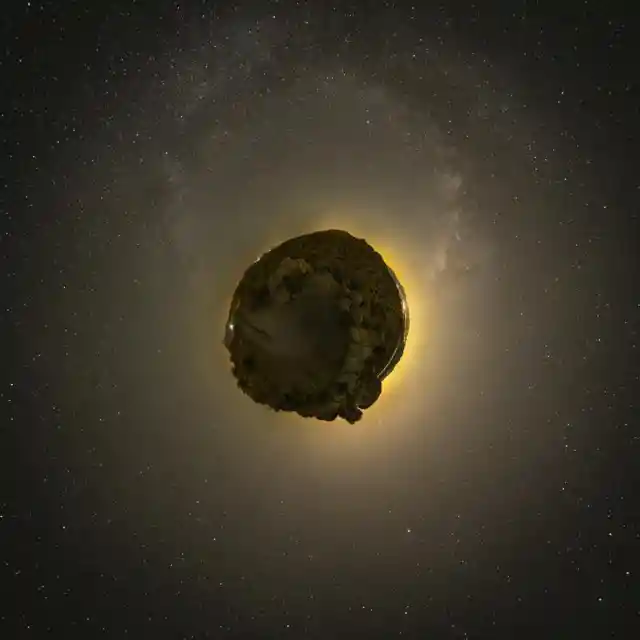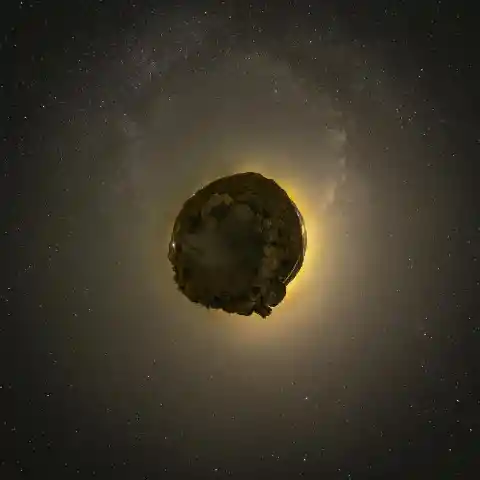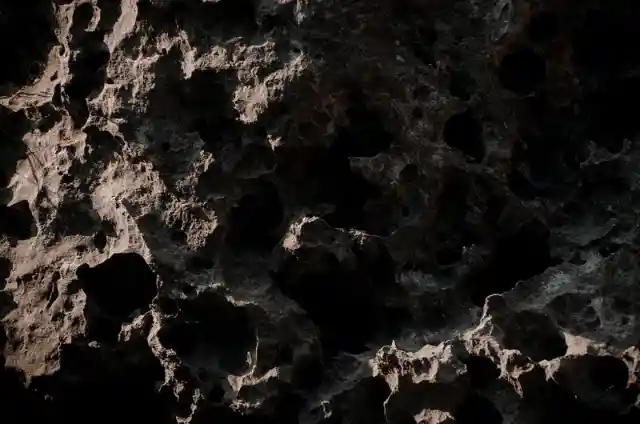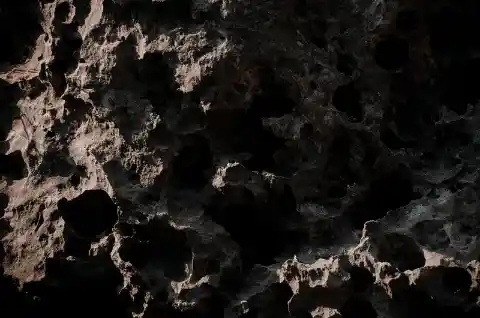Space can, even to those who work in researching it for a living, seem almost impossible to quantify. The sheer size and scale of space mean that it can be hard to get our heads around many of the facts. The same, too, goes for asteroids. These massive, floating balls of matter could, in theory anyway, wreak havoc on our planet if one happened to hit. What do we know about asteroids, though?


Asteroids pull on one another
An intriguing lesson we have learned about asteroids over the years is that they pull against one another. Asteroids are capable of creating their own gravitational pull, especially when they are larger. This has seen some asteroids quite literally being pulled and tugged along by a larger asteroid. When caught in the gravitational pull of another asteroid, this can cause smaller asteroids to get brought along and almost act like a tail.


Asteroids can be incredibly old
You assume that something just flying around space with such chaos would eventually collide into something and smash. However, asteroids are usually large chunks of space debris that have formed and bundled together from planets and formations that have been impacted upon. This means that many asteroids are ancient, even older than the planets in our solar system. This simply adds another layer of mystique and intrigue to the asteroids and how they came to be in the first place.
Asteroids are incredibly varied
Most of us assume that asteroids are, by and large, similar to one another. however, an asteroid can change dramatically across the span of its existence. Many asteroids differ from one another massively in their look, shape, and size. This, again, leads to some asteroids getting caught up in the gravitational pull of one another.
They can be as long as one hundred meters in size, and it is actually rare that an asteroid is a straight spherical shape as we would first assume.
Asteroids are unique, different, and varied from one another in quite some eye-catching ways. Even as we continue to get a better handle on space as a whole, we still understand precious little about asteroids.